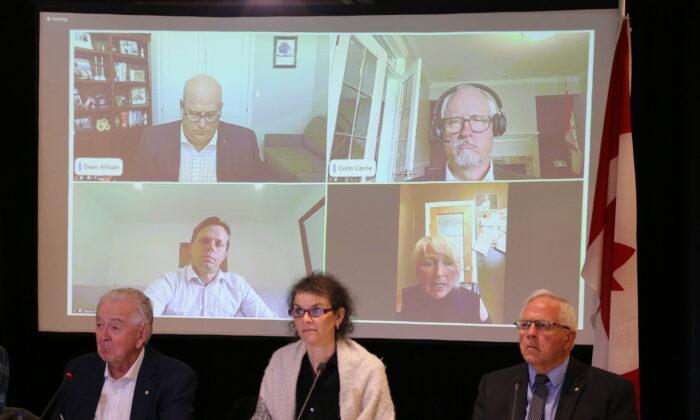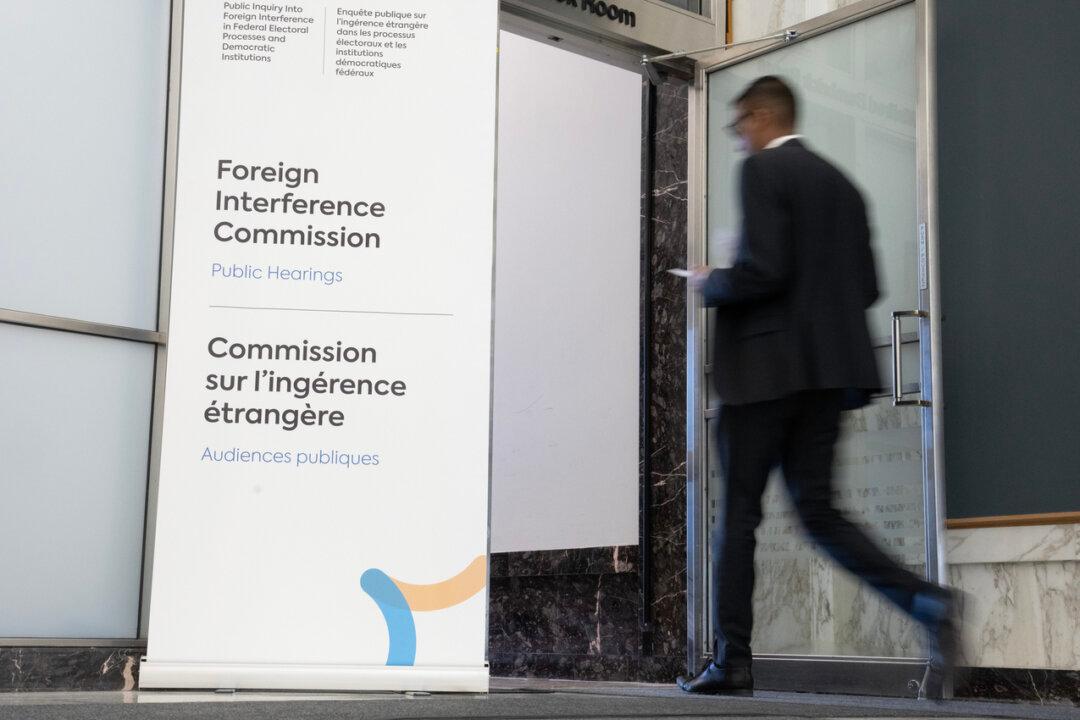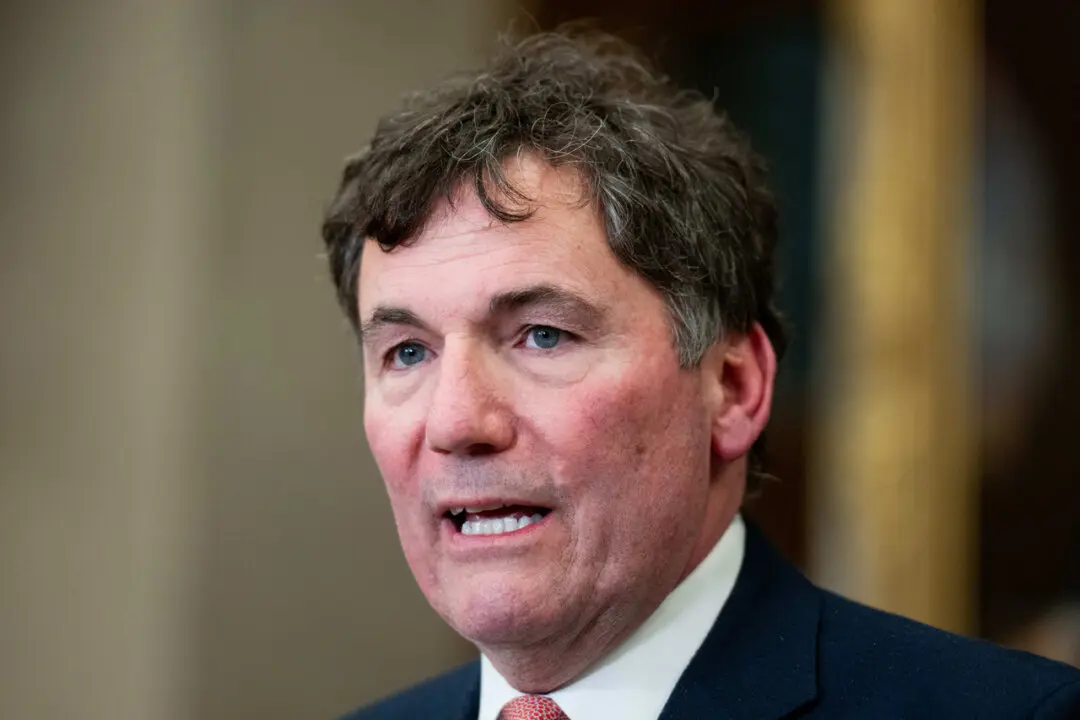Canada’s public health agency made a “tragic error” by grounding its COVID-19 response policies on coercion rather than persuasion, which was a key medical principle that had been thrown away during the pandemic, according to Dr. Richard Schabas, a former Ontario chief medical officer of health.
Schabas, who served as Ontario’s top doctor from 1987 to 1997, said on June 24 that the public health principle that he practiced for decades was “based on persuasion, not coercion,” and would hardly resort to legal powers in medical interventions.
He said that governments’ COVID-19 vaccination mandates have backfired, as instead of meeting the intention of getting more people vaccinated, they have resulted in more people being turned away in the long run.
“By polarizing the issue, by making it a question of coercion, they’ve taken a group of people—many people who would have been persuaded to take the vaccine—and lock them down as being opposed to vaccines because they don’t want to be forced,” he said.
“I think that’s a tragic error.”
Schabas made the remarks during the Citizens’ Hearing panel, an independent inquiry that scrutinizes the impacts of COVID-19 mandates and restrictions on Canadians. Panelists include former Reform Party leader and MP Preston Manning, retired Ontario pediatrician Dr. Susan Natsheh, and David Ross, president of the Canadian COVID Care Alliance, which co-hosted the three-day event that concluded on June 24.
He said it is also important to have a holistic view of a person’s health conditions, or “determinants of health,” which are other aspects of people’s lives that are critical to their health conditions, which include education, employment, and social connectedness.
“Health was more than just the absence of disease—it was a state of complete physical, mental, and social well-being,” he said. “The last two years we’ve completely lost sight of that: Not only is health all about disease, it is all about one disease, and that is all about COVID case counts.”
One major advancement in Canada’s medical system over the past 50 years was the recognition of evidence-based experiments rather than experts’ advice when determining whether a certain medical procedure is effective, Schabas said. But the public health measures rolled out during the pandemic are based on the less reliable observations and models.
“We panicked, and we resorted to a whole range of so-called control measures that were of dubious effectiveness,” he told the panelists.
The WHO report reviewed several studies with simulation models, and it said only one study suggested a combination of contact tracing and quarantine, which was estimated to “provide at most modest benefit,” while it would “considerably increase the number of quarantined individuals.”






Friends Read Free